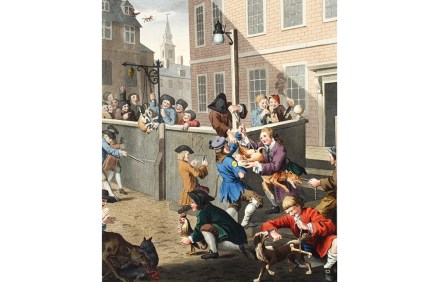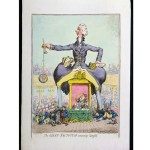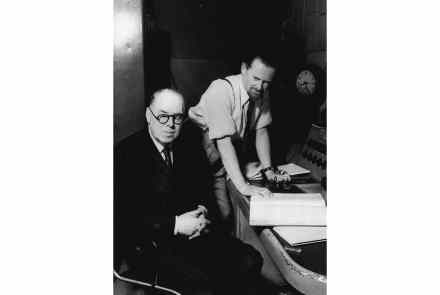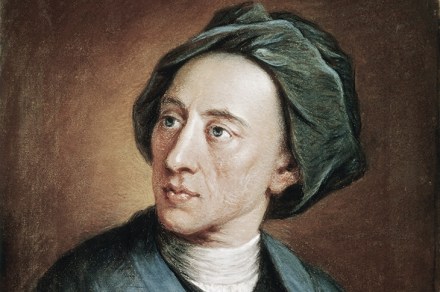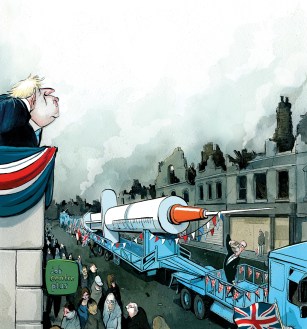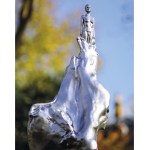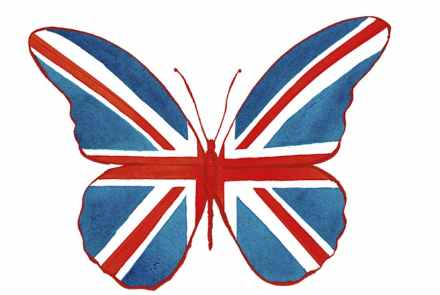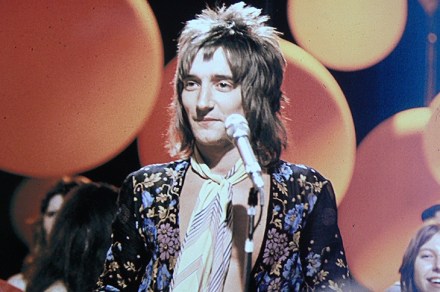Scrawled outpourings of love and defiance
To come across dates and names carved into a choirstall or ancient tree is to experience a momentary frisson, a startled connection with the past. Yet this practice of making ‘unauthorised’ personal graphic statements in public spaces is often thought of as antisocial, something to be erased immediately. Unless of course they are by Banksy,
